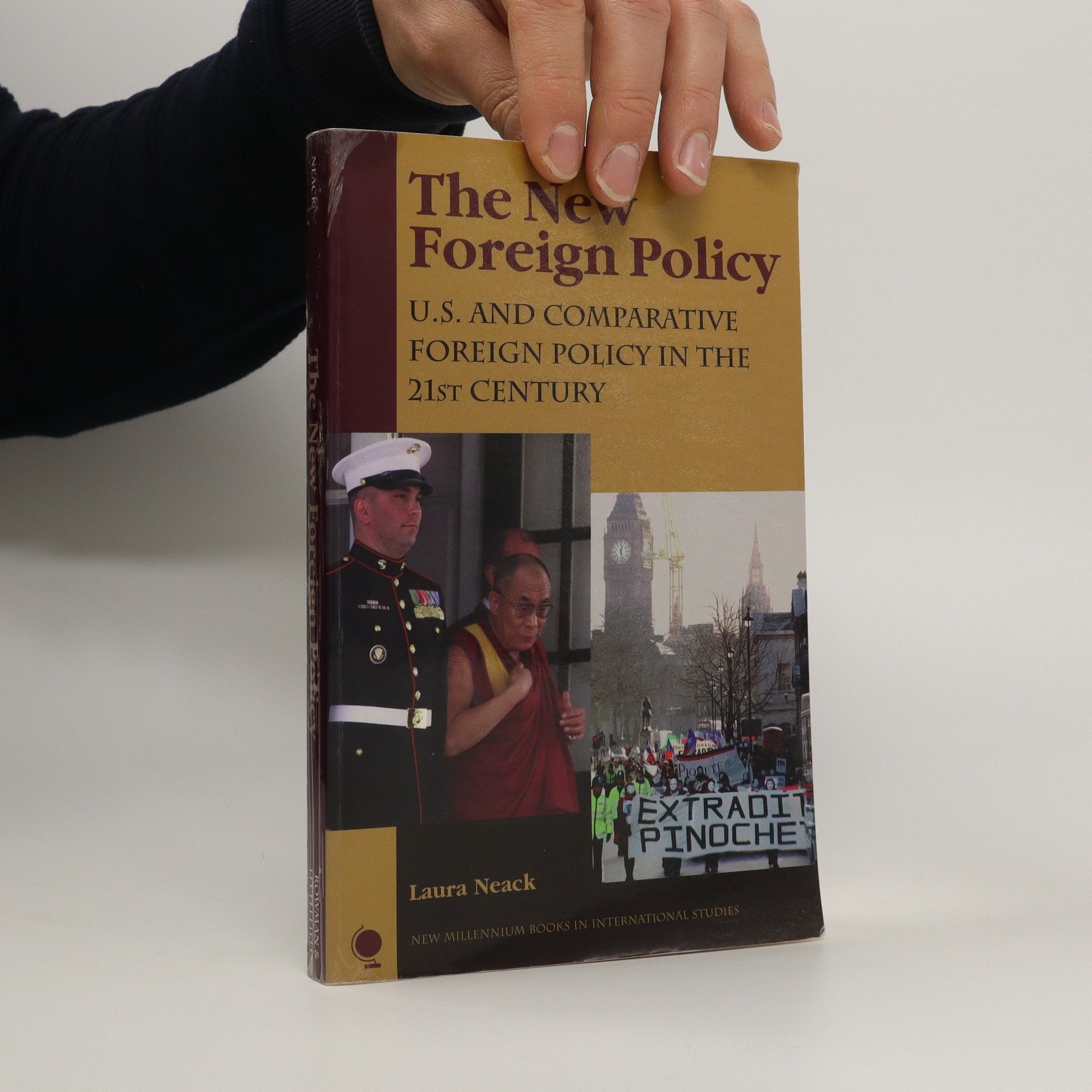The new foreign policy : U.S. and comparative foreign policy in the 21st century
- 264 stránok
- 10 hodin čítania
Foreign policy in the new millennium looks different from the traditional state-centered, top-down edicts issued by nation states throughout the 20th century. New actors and new institutions interact with established countries and contexts in a global environment of increasing complexity. Laura Neack draws on examples that range from the Dalai Lama and Pinochet to Amnesty International and Al Qaeda to illustrate the changing character of foreign policymaking and also to suggest its powerful effects in a world turned upside down as much by peacemaking as by terrorism.

